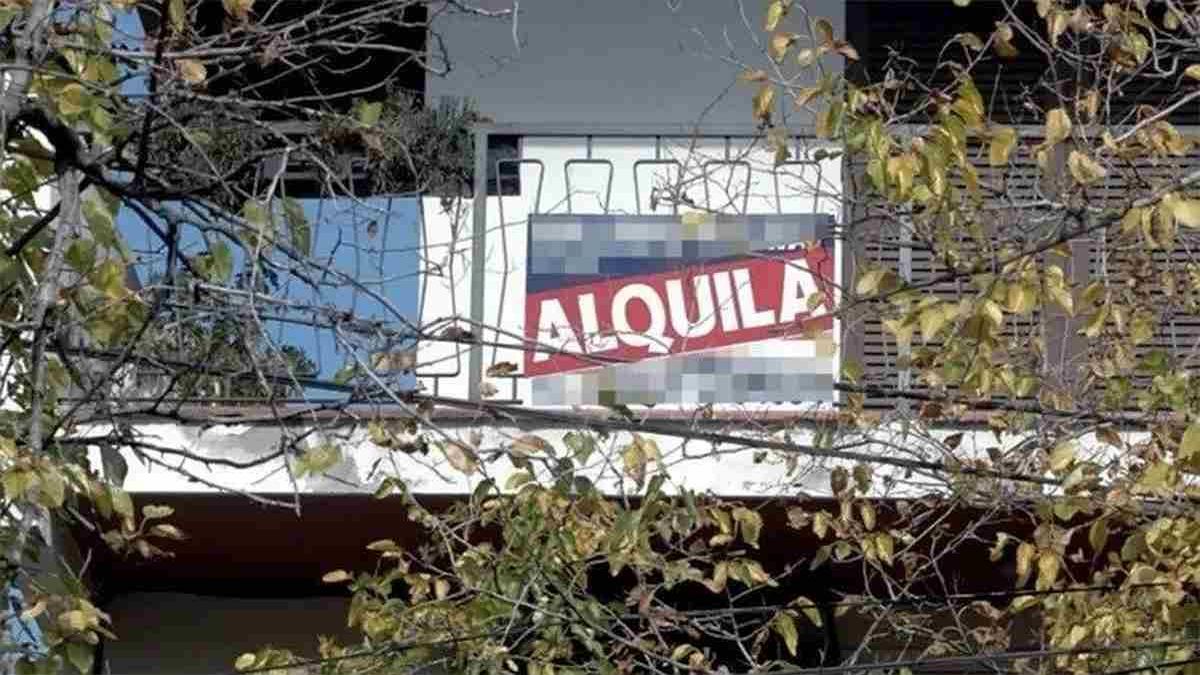The lack of rentals available In most cities in our country it is a very complex challenge influenced by a variety of economic, regulatory and market factors.
The inflation that has prevailed for almost five years denatures all term contractual relationships anchored to the national legal tender. There will be no update that will satisfy tenants and owners.
The rental law recently modified is an elegant solution to the pressure that the real estate Chambers, the tenants’ associations, the homeowners’ associations and all the participants in the urban residential rental market have been putting in place for three years, but we must say, the law is once again rejected by the actors in the sector and does not provide any solution to the location market.
It is also important to recognize that the housing rental market has suffered in the world due to the globalization of tourism and therefore due to the explosion of temporary or tourist rentals that provide greater profitability, the possibility of renting for shorter periods and even that the owner can dispose of the property for use or for sale whenever he wishes.
Rentals.jpg
Now, it is not possible to just present the problem without even outlining a possible immediate and long-term solution to seek the reduction of our country’s housing deficit.
Below I describe some of the solutions that could be implemented to address the rental shortage available:
New mortgage credit lines
Implementation of state policies aimed at ensuring that state and private banks grant lines of accessible mortgage credits adjusted to the salary evolution of their borrowers. With this, there will be many tenants who will begin to be owners and the demand for locations will decrease.
Incentives for construction and real estate developments
Local, provincial and national governments should offer tempting tax reductions or exemptions to stimulate the construction and development of rental housing for a period of no less than ten years.
Flexible urban zoning
Revise zoning ordinances to allow for greater density and mixed use which can encourage the construction of more functional units in each development.
Conversion of areas and use of existing spaces
Specifically advance with the rezoning of neighborhoods such as downtown Buenos Aires, so that the neighborhood can effectively be transformed into a residential one. For this, the state lines of credit must be suitable to be able to purchase and renovate said properties. This transformation should also include large disused commercial or industrial buildings in other areas of the cities, to transform them into thousands of functional residential units.
Room rental programs
Encourage owners of large homes with unused rooms, so that they can rent them with the collaboration of the state and, for example, with agreements with national universities to accommodate students from other cities.
Modify the rental law
It is time to create a more flexible rental law, adapted to the current times in relation to both landlords and tenants. When aspects are established that exclusively favor the tenants and thus seek to provide them with a solution, what happens in reality is that they create a new problem, because they are the owners who, dissatisfied with the current standard, set updates and contract deadlines. outside the law.
Likewise, an effective and efficient conflict resolution method must be established to quickly resolve disputes between landlords and tenants.
Promote investment in rental housing
Through real estate investment funds creating opportunities for financial investors to participate in rental housing construction projects. Another possibility is to use real estate crowdfunding, through collective financing platforms to raise capital for rental development projects.
Support for housing and self-managed construction cooperatives
Promote the formation of cooperatives that can build or manage residential properties or through self-construction, facilitating programs that allow groups of people to build their own homes.
Improvement of infrastructure and transportation
It is important to develop transportation and invest in public transportation systems so that you can access areas with a greater supply of rental housing and at lower prices.
rentals

Argentine News
Each of these solutions requires the collaboration of multiple actors, including governments, developers, investors, real estate brokers and local communities. It is essential that a holistic approach is taken that considers the specific needs and circumstances of the city in question to implement sustainable and effective solutions in the rental market.
Our country is the eighth largest on the entire planet, and the fact that access to housing is so difficult speaks very badly of all the actors, public and private, capable of making intelligent decisions so that this sensitive problem has a solution.
Source: Ambito
David William is a talented author who has made a name for himself in the world of writing. He is a professional author who writes on a wide range of topics, from general interest to opinion news. David is currently working as a writer at 24 hours worlds where he brings his unique perspective and in-depth research to his articles, making them both informative and engaging.




